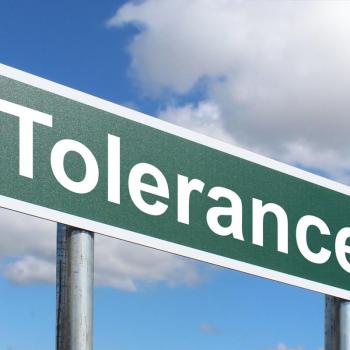The Supreme Court weighed in on a recent religious of freedom matter that received little national attention. But the results should be a concern for religious freedom advocates.
Alabama had scheduled the execution of Domineque Ray. The state often allows the presence of Christian ministers. Ray requested a Muslim imam but was denied. In a surprise 5-4 ruling, the Supreme Court ruled against Domineque Ray and concluded that the execution could move forward without an imam present.
Because of the nature of the case, no majority opinion needed to be written. But in its one line reasoning, the court explained that Ray waited too long to appeal.
This reasoning, however, feels suspect. Courts have substantial leeway when deciding if something was brought forth in a timely manner. Ordinarily the more important the case or legal question, the less important secondary issues like “timely manner” are. And perhaps most important Ray appealed as soon as he learned about the prison’s ruling that he would not be allowed to have an imam present.
Justice Elena Kagan, who is quickly becoming an unforeseen defender of religious freedom wrote the dissent. She explained that to discriminate on the basis of religion, the state must have a policy that is narrowly tailored to meet a compelling government interest.
So, for example, if the state were to require a member of the clergy to pledge to not interfere with the execution to be present and no Catholic priests in the state would agree because of their opposition to capital punishment, the state could reasonably make the case that a Catholic could not have a priest present.
But that’s simply not the case here.
So why should you care?
Domineque Ray was convicted of three murders, and the rape of a fifteen-year-old girl. His crimes were truly horrific. And perhaps you believe he deserved no comfort or companionship at the time of his execution.
What is important here is that the state, the government, treated different religions differently. Christian murderers with no less grizzly records routinely received the presence of clergy. The reason Ray didn’t was not because of his crimes but because of his faith.
Five Supreme Court justices felt that a timeline they made up just for the occasion was more important than treating people of different faiths equally. This should concern individuals of faith.
Prisons are government actors just like schools, law enforcement, social security offices, etc. If prisons can discriminate against you because of your faith, such as in this case, there are no substantial legal principles preventing that same reasoning elsewhere.
Now for some limitations.
Because there was no majority ruling, there is no precedent set from this case that must be applied in the future. So the repercussions are minimal. And strictly speaking, the court did not rule against Ray’s religious question, they simply ruled that the question was less important than the timeliness.
And perhaps the court’s conservative justices happen to be united in being more sensitive on questions of timeliness, though I can find no data one way or another on that question.
The Supreme Court has been very consistent in standing up for religious freedom over the past decade. Perhaps this is simply an outlier. But for those who are of minority faiths, this ruling should be concerning, and something to keep an eye on.












